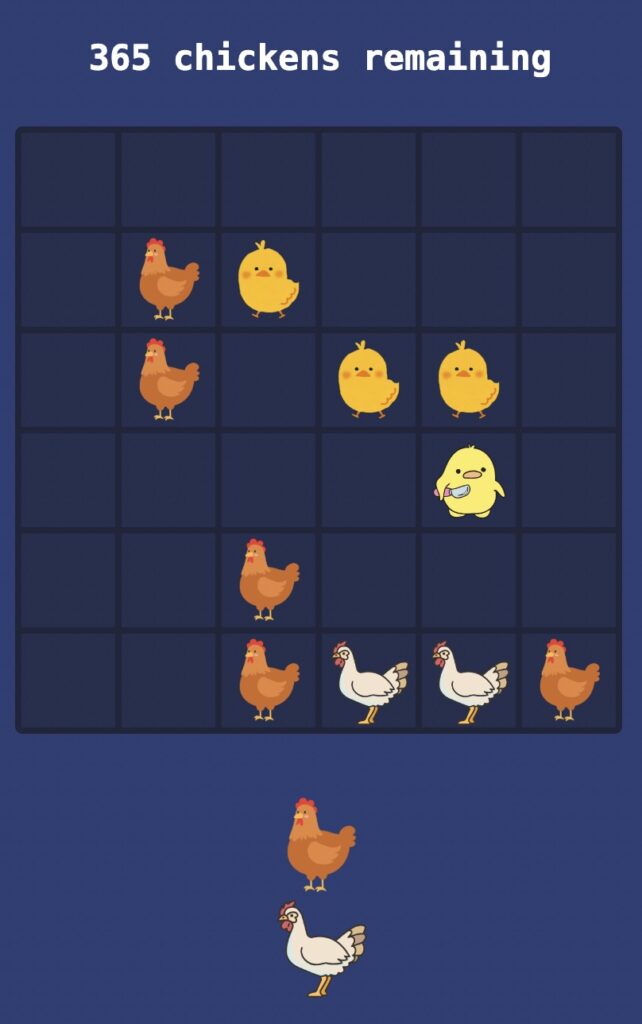-
Who gets to participate in fandoms?
In 2020, fandom thrived. We saw people return to their old fandom favorites like Twilight or Sherlock, play so much Animal Crossing and The Sims, and fall down the BTS rabbit hole (leading the group to their first no. 1 song in “Dynamite”). Escapism has literally kept people going despite all kinds of crises, and the use of fandom as a solace will likely only continue now that we’re in 2021 and still awaiting easy access to vaccination. It allows people a reprieve, to bury their heads in the sand and pretend for a little while longer that everything isn’t so terrible.
Which is great… to an extent. But all experiences of escapism are not created equally. Escapism isn’t actually possible for everyone because of the nature of both fandom and the world around us. The best-worst example of the limits of fandom escapism? Racism.
-
Video games bleeding into real life
The term Game Transfer Phenomenon, or GTP, was first coined by Angelica Ortiz de Gortari, a psychologist at the University of Bergen in Norway. She first proposed the concept a decade ago while working on her doctoral thesis under the supervision of Mark Griffiths, head of Nottingham Trent University’s International Gaming Research Unit. Ortiz de Gortari was motivated by her own experience of GTP. One day, she was walking around her local supermarket and realised that she was imagining peering at products on the shelves through a rifle scope.
“I thought, ‘Wow! This is interesting’,” she recalls. “A phenomenon that changes your perception by encouraging you to see objects through the lens of the game you’re playing,” she says, adding that her response had felt involuntary, leaving her with serious questions about what it meant.
I’m sure we’ve all done something like this after a long Tetris or Super Mario session.
-
368 Chickens
368 Chickens is a deceptively simple, addicting tile matching game. In a 6×6 grid, you attempt to create matches of three or more of four different chickens. My best score in 71.

Screenshot -
Cheap consumer goods defeated communism
Amanda Mull makes the case that post WWII style capitalism with affordable consumer goods defeated communism. And for the better part of the last 60 to 70 years helped American companies maintain that power. The tarriff war will likely end that.
-
Editorial Negligence
In high school, a prerequisite for being on the newspaper staff was talking the journalism class. A lesson that stuck with me was the concept of editorial discretion–being able to judge something as (news) worthy and including it in your coverage. Editors hold tremendous sway, even in a dying industry, to determine what enters the public sphere.
The Dallas Morning News didn’t even know about the protests. Like, how?
-
Improvising a band concert
I’m a firm believer most people are good people. After Trump canceled a concert performance for a diverse group of high schoolers, military band members rallied and helped 22 of those students put on the performance.
-
Waymo crashes less than human drivers
Maybe we’ll get driverless cars some day. Waymo vehicles are showing promise, crashing less than human drivers.
Last September, I analyzed Waymo crashes through June 2024. So this section will focus on crashes between July 2024 and February 2025. During that period, Waymo reported 38 crashes that were serious enough to either cause an (alleged) injury or an airbag deployment.
In my view, only one of these crashes was clearly Waymo’s fault. Waymo may have been responsible for three other crashes—there wasn’t enough information to say for certain. The remaining 34 crashes seemed to be mostly or entirely the fault of others
-
COBOL runs the world
If Excel, Powerpoint, and Outlook operate the surface level, what you can see of modern business, COBOL is the collective history of plumbing keeping a business functioning. Especially when it comes to financials.
Consider: Over 80% of in-person transactions at U.S. financial institutions use COBOL. Fully 95% of the time you swipe your bank card, there’s COBOL running somewhere in the background. The Bank of New York Mellon in 2012 found it had 112,500 individual COBOL programs, constituting almost 350 million lines; that is probably typical for most big financial institutions. When your boss hands you your paycheck, odds are it was calculated using COBOL. If you invest, your stock trades run on it too. So does health care: Insurance companies in the U.S. use “adjudication engines’” — software that figures out what a doctor or drug company will get paid for a service — which were written in COBOL. Wonder why, when you’re shopping at a retailer you will see a clerk typing into an old-style terminal, with green text on a black background? It’s because the inventory system is using COBOL. Or why you see airline booking agents use that same black screen with green type to change your flight? “Oh, that’s COBOL — that’s definitely COBOL,” laughs Craig Bailey, a senior engineer at Faircom, a firm that makes software to help firms manage those old systems.
And DOGE is just going to waltz in and retire these systems? Whoo-boy.

